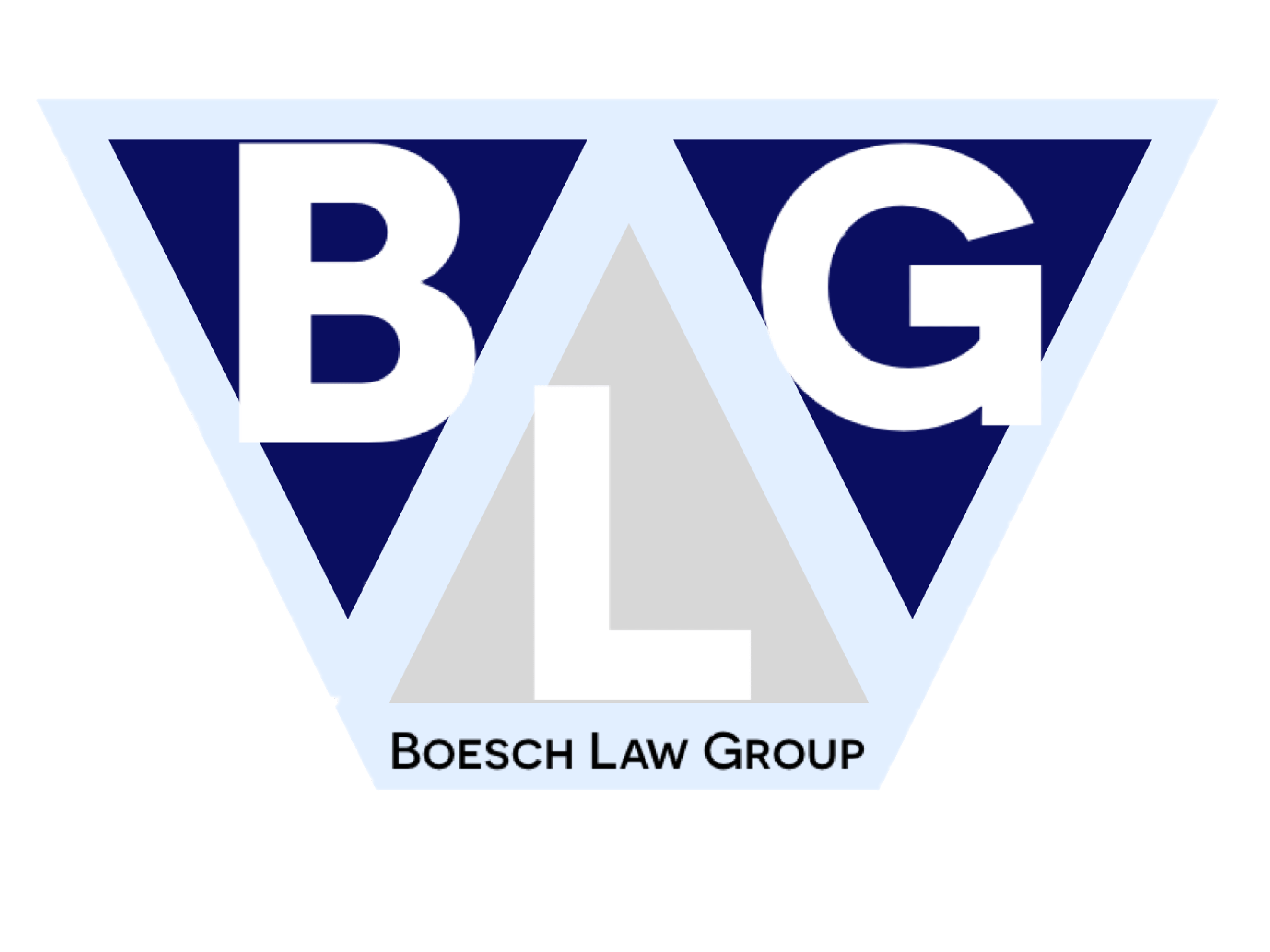In “What Artists and Talent Managers Should Know About California’s Talent Agency Act: Part One,” we discussed the differences between talent agents and managers and the ways that Talent Agency Act disputes can be avoided. Here we will discuss the potential results that come from a Talent Agency Act violation, as well as one exception to the act’s strict regulations.
Consequences of a Talent Agency Act Violation
If the Labor Commissioner or arbitrator finds that there has been a violation of the Talent Agency Act, he or she has three options. First, the decision-maker can completely void the parties’ contract. If the central purpose of the contract is found to be illegal, then the contract as a whole cannot be enforced. Voidance of the contract is not mandatory, but if the entire contract revolves around the solicitation and procurement of employment by the talent manager, then voidance is very likely. (Note that in many instances, even where the contract is voided, the arbitration clause – if there is one – requiring that the dispute be decided privately by an arbitrator, is not void and survives.)
If the contract merely contains an illegal provision, and the illegality is collateral to the main purpose of the contract, then the commissioner or arbitrator can order that the illegal provision be stricken from the contract. For example, in Marathon Entertainment, Inc. v. Rosa Blasi (2008) 42 Cal. 4th 974, in declining to void the parties’ contract, the court ruled that a personal manager who spends 99 percent of his time engaged in counseling a client and organizing the client’s affairs is not insulated from the act’s requirements if he spends one percent of his time procuring or soliciting; conversely, however, the 1 percent of the time he spends soliciting and procuring does not thereby render illegal the ninety-nine percent of the time spent in conduct that requires no license. See id. at 997. The court concluded, for the personal manager who truly acts as a personal manager, “an isolated instance of procurement does not automatically bar recovery for services that could lawfully be provided without a license.” Id. at 998.
Separately or in addition to voidance or severance, the commissioner can order the talent manager to disgorge the profits that he or she gained from the violation. In other words, if a talent manager solicits a television role for a client and accepts a ten percent commission on the amount the client makes per episode, he or she may be forced to return those commissions. As one can imagine, this can be disastrous to a talent manager who isn’t well-advised.
The “Safe Harbor Exception”
In 1982, the California Legislature amended the Talent Agency Act to impose a one-year statute of limitations, eliminate criminal sanctions for violations of the act, and establish a “safe harbor” for managers to procure employment if they do so in conjunction with a licensed talent agent. However, the exception has been interpreted very narrowly by the courts, and will “only apply if the unlicensed person is acting ‘in conjunction with and at the request of the licensed talent agency,’ and the only covered activity that such unlicensed person may engage in consists of ‘the negotiation of any employment contract.’” Massey v. Landis, TAC 42-03 (emphasis supplied). The safe harbor exception “does not extend to nor encompass activities which consist of approaching third parties and soliciting them to offer engagements to an artist.” Todd v. Meagher, TAC 13418.
Navigating the Talent Agency Act and responding to Talent Agency Act disputes requires the services of an experienced and knowledgeable attorney who is intimately familiar with entertainment law. The Boesch Law Group has extensive entertainment litigation experience, experience in advising clients how best to avoid Talent Agency Act disputes, and experience in dealing with such disputes as they arise – on behalf of managers, on behalf of talent, and as the decision-maker in a number of cases, including the leading case on the subject, Preston v. Ferrer (2008) 522 U.S. 340, where Mr. Boesch was retained by entertainment litigators on both sides of the dispute to arbitrate and decide the case. To speak to a Los Angeles-based attorney who can help guide you through the legal process, please call us today at (310) 578-7880 or email your inquiry.
DISCLAIMER: The materials on this website are for general information purposes only and should not be construed as legal advice, legal opinion or any other advice on any specific facts or circumstances. Readers should not act or refrain from acting upon this information without seeking professional advice.
Transmission of information on or by use of this website is not intended to create, and receipt does not constitute, a lawyer-client relationship between the sender and receiver. Such communications will not be treated as confidential. Photographs and other graphics may be for dramatization purposes only and may include models. Likenesses do not necessarily imply current client, partnership or employee status.


